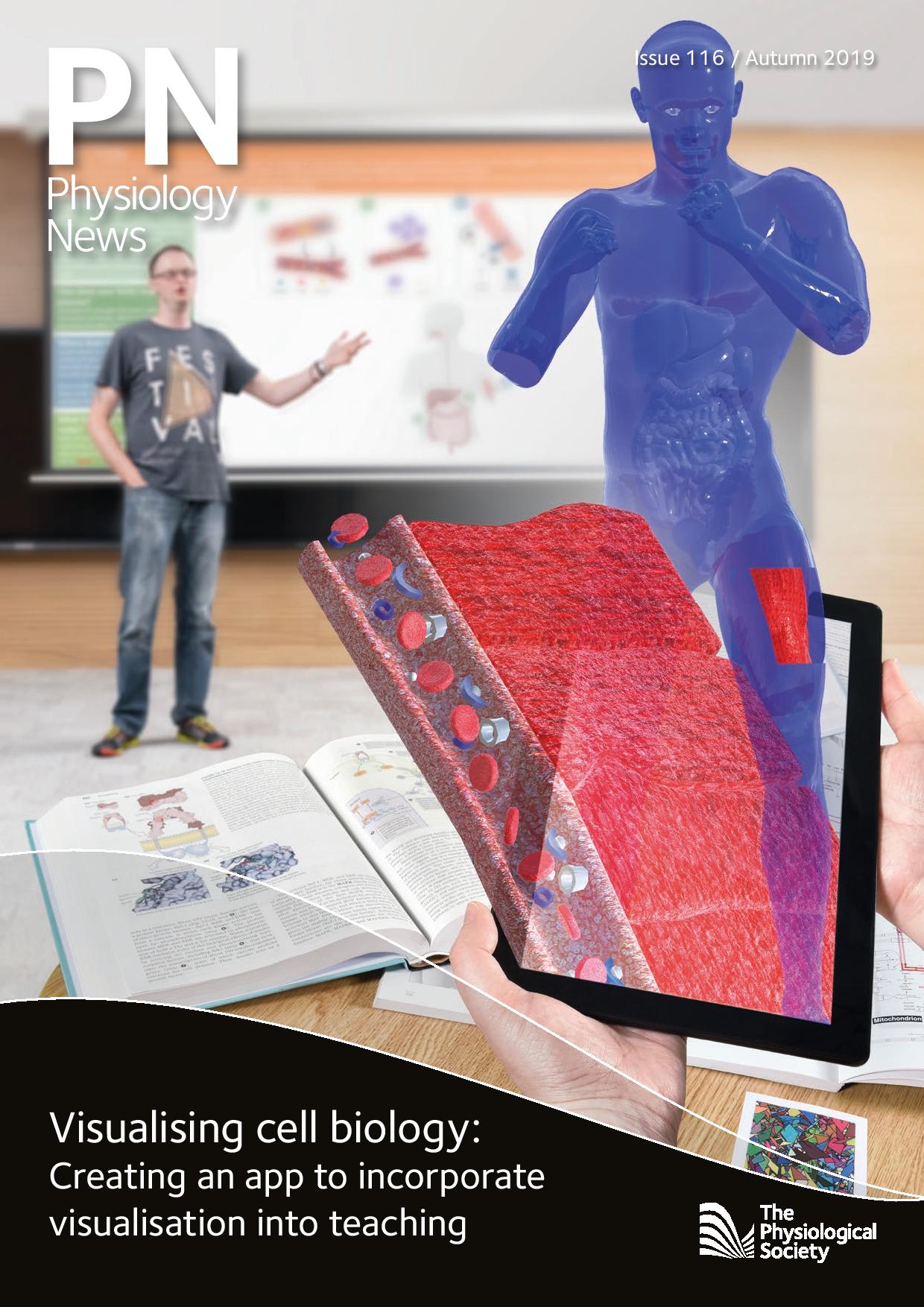
Physiology News Magazine
Cultural change is coming
Letters to the Editor
Cultural change is coming
Letters to the Editor
Jeff Allen, Cardiff University, UK
https://doi.org/10.36866/pn.116.11
What a fantastic issue – the Diversity Special Issue – congratulations on this achievement! I was lifted on seeing the cover and then reading your publication. I found the articles by Kayisha Payne (p.15), Chi Onwurah (p.17) and Olusoga Sofola (p.42) particularly thought-provoking. For our Physiological Society to be publicly recognising the diversity of our membership and highlighting diversity in physiology has made a significant positive impact on me, and I am sure also to the broad spectrum of those involved in physiology and STEM. Looking through your pages brought me to reminisce on my physiology-laden path through higher education.
I am black-British; my Jamaican parents came to the UK in the 1950s and I was born in London in 1959. Britain is more culturally diverse now, but back then, when I was growing up in the 1960s and 1970s, there were very few black scientists. I was motivated to pursue the sciences, supported by the notion that in science people succeed on research and discoveries. I was so naive.
Having graduated from the University of East Anglia in Norwich following a third year project with Eduardo Rojas on frog skeletal muscle fibres, Peter Baker welcomed me to King’s College London and the laboratories at the Marine Biological Association in Plymouth for my PhD on the squid giant axon. Through those early years, whether in the lab or at meetings, there were scant “home-grown” black faces. This remains very much still the case for my age group, for whom evidence highlights black academics are paid less (promoted less), and universities have found it very challenging to address this for their staff, highlighted in studies by the Equality Challenge Unit and The Leadership Foundation. However, universities recognise there is more potential for driving change through our new scientists and physiologists, by better supporting more applications and a rise in Black, Asian and minority ethnic (BAME) undergraduates. Cultural change doesn’t happen overnight, but the trend is positive and The Physiological Society is helping to lead the way by openly discussing issues and supporting ideas.
References
- Equality Challenge Unit (2011). Experience of black and minority ethnic staff in HE in England. [Online]. Available at: https://www.ecu.ac.uk/publications/experience-of-bme-staff-in-he-final-report/
- Singh G and Kwhali J (2015). How can we make not break black and minority ethnic leaders in higher education? [Online]. The Leadership Foundation. Available at https://www.lfhe.ac.uk/en/research-resources/research-hub/2015-research/how-can-we-make-not-break-black-and-minority-ethnic-leaders-in-higher-education.cfm
- Universities and Colleges Employers Association (2018). Caught at the crossroads? https://www.ucea.ac.uk/en/publications/index.cfm/crossroads
